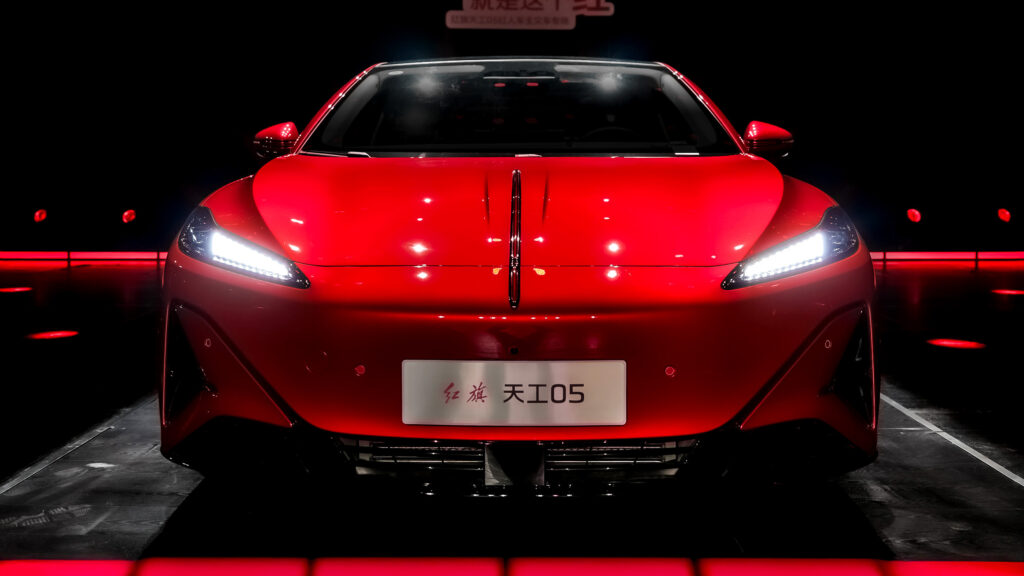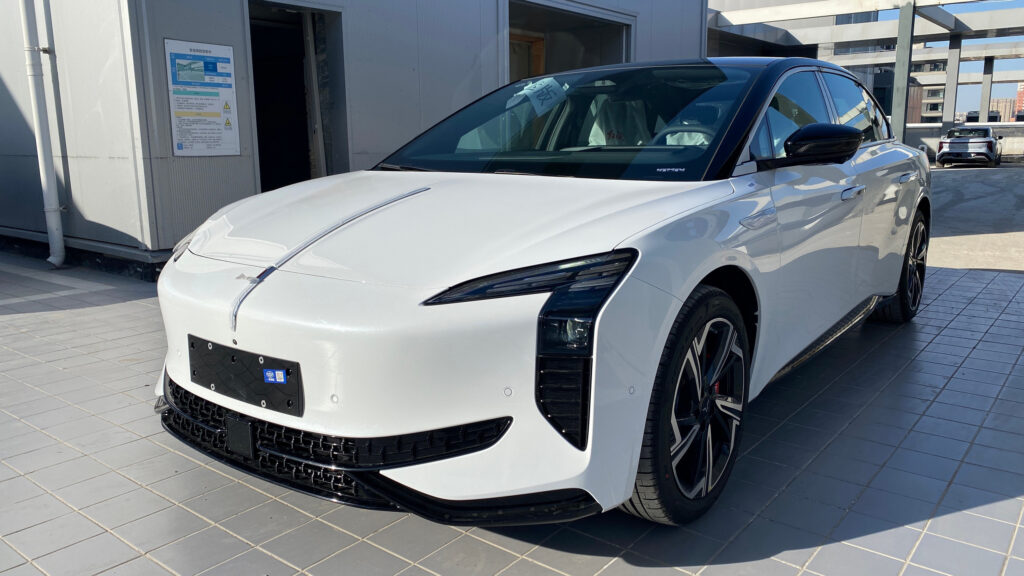Car Ban

There’s a new buzz in the Senate about a bill that could potentially put a stop to Chinese vehicles driving through American streets. It’s called the Connected Vehicle National Security Review Act, and it’s spearheaded by Michigan Senator Elissa Slotkin. This legislation is the latest move in what appears to be a play to keep a tighter rein on foreign influence in American tech and industry, particularly from China. The main objective? To ensure that any cars and components manufactured by companies under the control of potentially problematic countries don’t compromise U.S. national security.
Security Risks

Slotkin’s proposal goes beyond the typical tariff tactics. Remember when tariffs were all the rage in trade wars? This bill seeks to fill gaps that tariffs couldn’t, such as those allowing countries to produce cars and parts in places like Mexico for U.S. markets. The loophole-closing legislation would zero in on any connected vehicle or component from manufacturers in countries considered a security concern. The main fear? That these cars could gather mountains of data on the United States and its citizens, which raises some serious national security red flags.
Data Concerns

Collecting data isn’t just about knowing where a car’s been or how fast it traveled. The data can include 3D maps, video footage, and even precise geolocation data of individual drivers. The connections between vehicles and the increasing sophistication of onboard technology make them potential honeypots for sensitive information. The bill’s focus on connectivity highlights just how constantly engaged these machines are with the digital world we live in today.
Impact on Imports
Slotkin’s rhetoric is strong—she’s declaring a willingness to take drastic measures to block the entry of vehicles that pose security threats. While she’s adamantly set against certain imports, it’s noted that vehicles like the Buick Envision and Lincoln Nautilus, both linked to Chinese production, seem exempt from this hard-line stance.
Comparative Drive
The feel of driving these potentially banned vehicles compared to American steel can be quite the juxtaposition. Chinese cars have been rapidly advancing in terms of technology and comfort, often comparable to American cars but typically at a lower price point. While not always known for the muscle or legacy brands like Ford or Chevrolet have, they offer a tech-forward driving experience, sometimes with additional features one wouldn’t find in domestic models at similar price brackets.
The Road Ahead
As this legislation moves forward, it will be interesting to see how it reshapes the industry landscape. There’s no doubt the attempt to keep a firm grip on national security is a driving force, but it will also have its impacts on consumer choice and market dynamics. Will it drive up prices? Will it lead to innovation in security features? Time will tell. For now, the road ahead is uncertain but certainly worth watching for updates.
Aston's Valiant Roars
Car Tariff Debate
Electric Truck Revolution
Porsche 911 Bargain
GM Van Production Halt